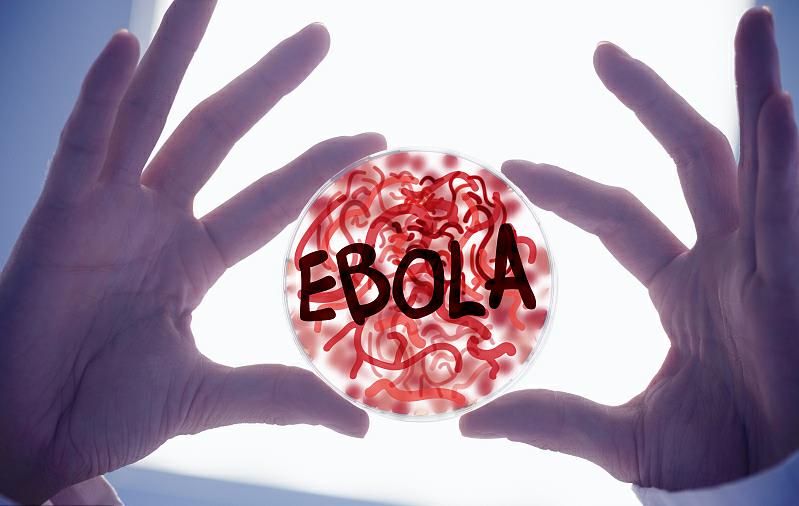
(Photo: VCG)
The Democratic Republic of Congo (DRC) has confirmed new Ebola cases, just days after declaring the end of an outbreak in the country's far western region, the World Health Organization (WHO) said on Wednesday.
The DRC government announced Wednesday that preliminary laboratory results indicate a cluster of cases of Ebola virus in the province of North Kivu, which came little more than a week after the Ministry of Health declared the end of an outbreak in Equateur Province in the far western part of the country, some 2500km from North Kivu.
Local health authorities said four out of six samples tested positive for Ebola virus at the Institut National de Recherche Biomedicale (INRB) in Kinshasa. Further testing is on-going.
The majority of the cases are in the Mangina health area, which is 30km from the northeastern city of Beni. "This new cluster is occurring in an environment which is very different from where we were operating in the northwest," said WHO Deputy Director-General Dr. Peter Salama. "This is an active conflict zone. The major barrier will be safely accessing the affected population."
"Ebola is a constant threat in the DRC," said WHO Dr. Tedros Adhanom Ghebreyesus. "What adds to our confidence in the country's ability to respond is the transparency they have displayed once again. Working closely with the Ministry of Health and partners, we will fight this one as we did the last."
The DRC government was quick to provide public updates, with press releases on Tuesday and Wednesday.
"Since we are coming out of another Ebola outbreak, we have kept staff and equipment in place," said Dr. Matshidiso Moeti, WHO regional director for Africa. "This allows us to have a head start in response to this cluster."
North Kivu hosts over one million displaced people and shares borders with Rwanda and Uganda with a great deal of cross-border movement due to the trade activities. The WHO is now working with neighboring countries to ensure health authorities are alerted and prepared to respond.


